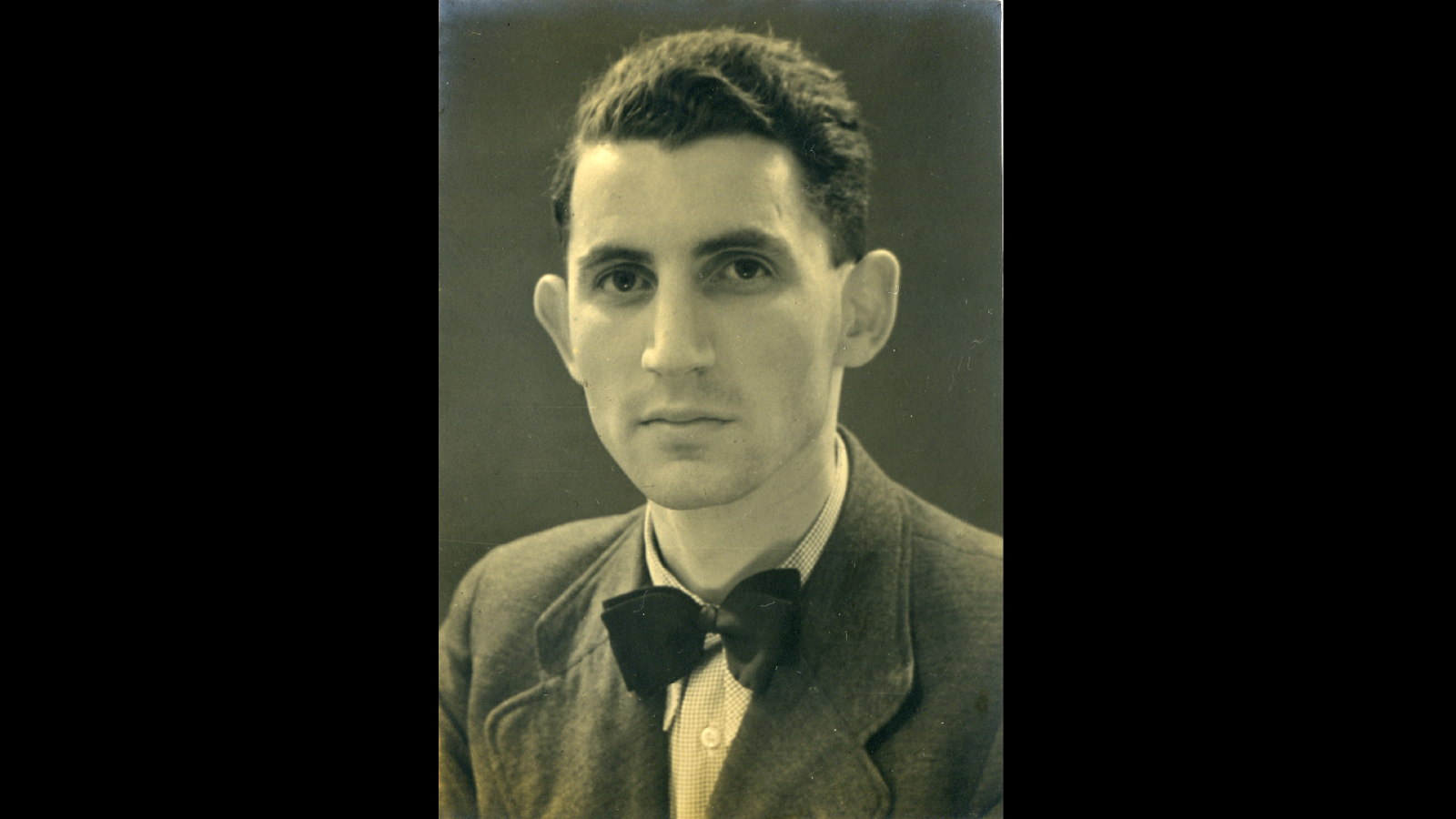Transnational Identity under Observation
The Transnational Identity under Observation research project explores how repeated border crossings attract the unwelcome attention of the security services.
Barbara Einhorn, Adjunct Professor
This research project focuses on the way that transnational identity tends to be regarded as problematic by both sending and host countries, often provoking security service surveillance. Such surveillance is most likely to be initiated when transnational identity is combined with political engagement, particularly peace activism. It is noteworthy that the suspicion aroused by frequent border crossings is common to the security services of all manner of regimes, be they dictatorships or democracies.
The research will be conducted using the researcher’s family, the Einhorn family, as a case study. The family will be followed in four generations, across multiple countries and continents. The journey begins in Grybow in southeastern Poland around 1900, when it was Grünberg, a small market town in the Austro-Hungarian Empire. From this picturesque town nestled into rolling hills in the foothills of the Tatra Mountains, a history of pogroms and persecution set off a chain of events spanning continents and generations. Their status as magical, mythical creatures (Einhorn= one horn = unicorn) did not protect this family from displacement and trauma, reproduced through the generations. The journeys of family members encompass a variety of fates, including being disenfranchised, deprived of homeland and citizenship, searching for asylum, fleeing - to the USA, England, Israel and New Zealand - becoming refugees and enemy aliens, being interned, deported and imprisoned, and being murdered during the Holocaust – in Biala Nizna outside Grybow, in a forest outside Riga, in Auschwitz and Belzec. For members of the third generation, there are also more positive outcomes involving re-migration to Germany, or social integration and new-found citizenship at the farthest end of the world in Aotearoa New Zealand.
This study will draw on multiple archival sources including security service files in Germany, Poland and New Zealand, reinforced by secondary literature on borders, nationalism, ‘othering’, stigma, persecution and the Holocaust. Historical resources will be enhanced by qualitative data from oral history interviews with several members of the Einhorn family. However, since memory is partial, subjective, and often inaccurate or even deceptive, there is a case for including an element of imaginative fiction. In this context, German author Christa Wolf writes in her novel The Quest for Chista T. of ‘what one needs to invent for the sake of truth’.
Outcomes will include a monograph and an article or articles in peer-reviewed academic journals. The research will contribute to a variety of fields including migration studies, studies of nationalism, prejudice, exile and deracination, as well as security studies. In highlighting the impact of discrimination and stigmatisation of minorities, it has the potential to increase understandings of the way such fates and their accompanying trauma repeat through the generations.
***
Professor Barbara Einhorn is Adjunct Research Professor at the Stout Research Centre for New Zealand Studies of Victoria University of Wellington - Te Herenga Waka, Aotearoa New Zealand. She is also Professor Emerita of Gender Studies in the Department of Sociology, School of Law, Politics and Sociology at the University of Sussex in the U.K.
***
Photo Gallery:
- Abraham Einhorn (1854-1912) from Grybow in southeast Poland, at that time known as Grünberg, a market town in the Austro-Hungarian Empire. Studio photo taken c. 1900.
- Abraham Einhorn’s gravestone, recently unearthed in the restored Jewish cemetery in Grybow.
- Hermann Einhorn (1881- 18.08.1942), one of Abraham’s nine children. Studio photo taken c. 1907 in Gleiwitz, Silesia, today’s Gliwice in Poland, on the occasion of Hermann’s marriage to Else Brauer.
- Else Einhorn (nee Brauer; 1883- 18.08.1942) from Gleiwitz. As indicated by the identical death dates, Hermann and Else were murdered by the Nazis, in Riga.
- Helmut Einhorn (1911-1988), one of Hermann’s two children. Photo taken 1938 when Helmut had been declared stateless by the Nazis and ordered to leave Germany within six months.
- Helmut’s Nansen passport, which allowed him to flee Germany to Aotearoa New Zealand in 1939 but records his nationality (top left) as stateless.
- Helmut’s wife Ester Einhorn (nee Katzenstein; 1913-2010) with their two daughters Barbara and Jule, in Wellington c.1952.

